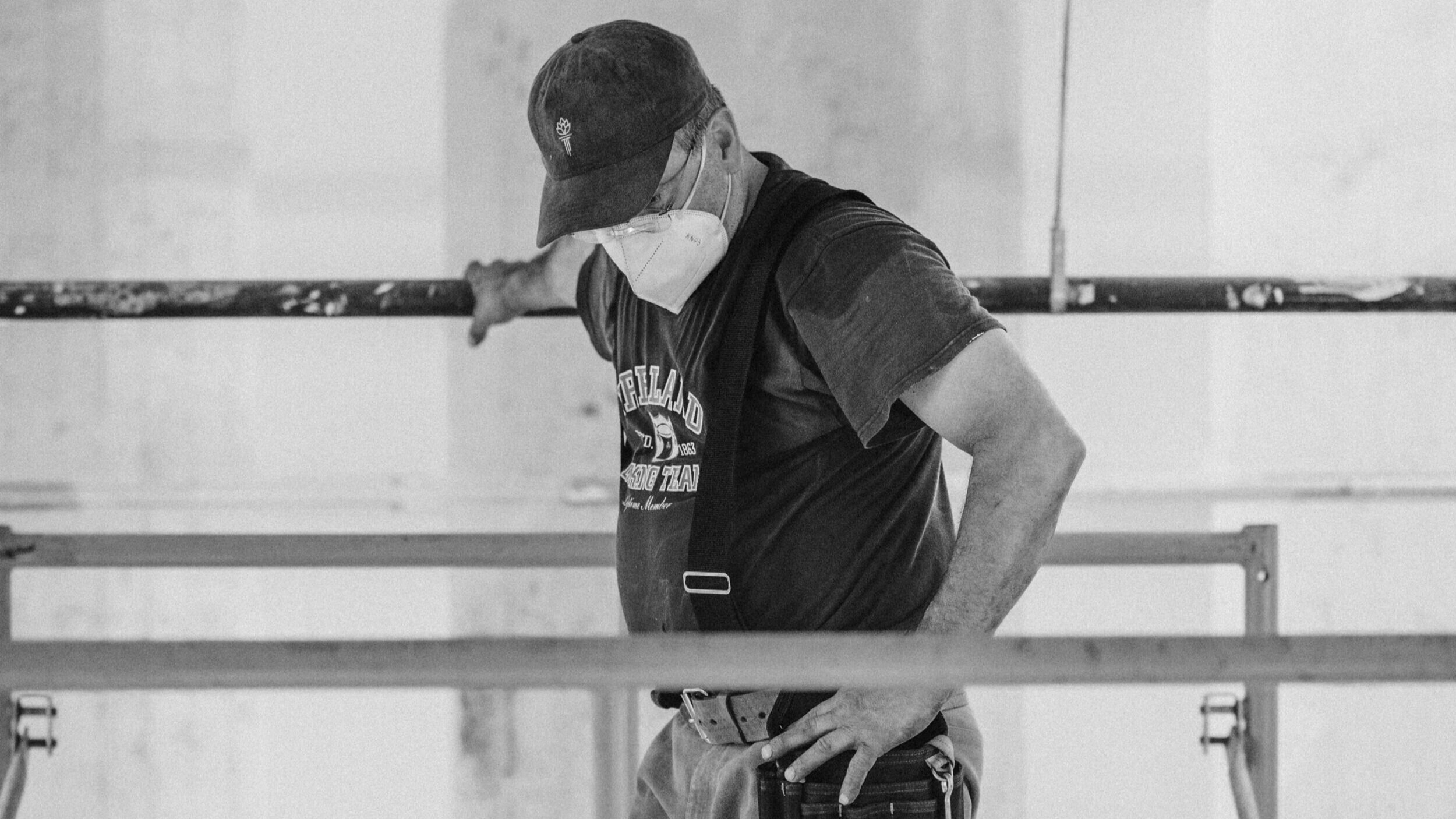
LATEST
Recent Posts
Posts by Topic

The USDA released its annual National Hops Report a couple weeks ago, and it suggests that things may becoming back into equilibrium. I have the numbers, some analysis by experts, and a few comments about current trends.
Breweries are lowering prices on N/A beer even thought it’s an expanding segment and the only one really exciting people in the industry. To me, that looks like an important tell.
We have been seeing a tsunami of news articles about how badly the beer industry is doing. It seemed disproportionate to the actual headwinds, and at least one report out last week shows some heartening signs.
Increasingly, Belgian breweries are moving to cans—at least for the beers they export to the US. But this simple package change seems to have had a fairly major impact on the beer. This is an old-timey, think-out-loud rumination on the development.
Even in a brewery with a self-consciously European presentation, an obscure Belgian-style ale can’t hide where it’s really from.
In 2016, the very coolest thing to do was scoot down to your local brewery taproom, with its minimalist, industrial chic. You could pick up a four-pack of milkshake IPA in bright labels and impress your friends during the Packer game. That … is no longer the case.
As the beer industry hits a rough patch, one brand stands apart as a huge success story, with healthy sales and its own social media craze. How do Guinness do it?
With the apparent permanent closure of Rogue Ales, it’s time to consider the legacy of this early craft brewery. It may surprise many drinkers who today think of Rogue as tame and boring to learn that it was once a radical experiment. And that’s how we should remember it.
Berlin’s wonderful all-Berliner weisse brewery announced it was closing a few weeks ago (full text included in this post), which gives me an opportunity to repost my article from five years ago about what a wonderful project it was.
A number of months ago, I chanced upon a pint of Deschutes Fresh Squeezed IPA. It had been years since I’d tasted the beer, and I didn’t find the thick, cakey ale of my memory, but a pretty awesome banger. Was I just misremembering it, or had Deschutes quietly reformulated their flagship?
Trying to describe fresh hop beers is hard because rather than just reaching for another adjective, we grope toward different realms of experience. Drinking a very good one is to experience synesthesia and encounter the taste of iridescent green.
Three years ago, I wrote about a hop making its way through advanced trials, and a couple weeks ago, it made it to the promised land. In today’s post I speak with breeders and researchers about newly-minted Dolcita and what makes her special.
As the beer industry hits a rough patch, one brand stands apart as a huge success story, with healthy sales and its own social media craze. How do Guinness do it?
The internet put all human knowledge at our fingertips, transforming the way we understood the world. A recent technological “innovation” may give us answers even faster, but take a wrecking ball to our basic information.
Sierra Nevada recently won the World Beer Cup gold medal … for ESBs. Violating Betteridge’s law of headlines, I explain why they got it right, including in my analysis a different rule, beer’s One Iron Law.
Hops have changed a lot in the past dozen years, and this cool visualizer gives a dynamic look at how the industry has changed.
Well, that sucked. As the final sands run out on 2025, I have a look at the carnage—and believe it or not, I managed to find a shaft of light or two as well.
An unearthed 1974 BBC video of Hook Norton is an amazing document, and not for the reasons you might imagine. The brewery, then as today one of the most “traditional” in the UK, was making some interesting beer that sheds a lot of light on the way things change.










Some exciting announcements and updates as the new year begins, including a new podcast, a free webinar, and an important milestone.